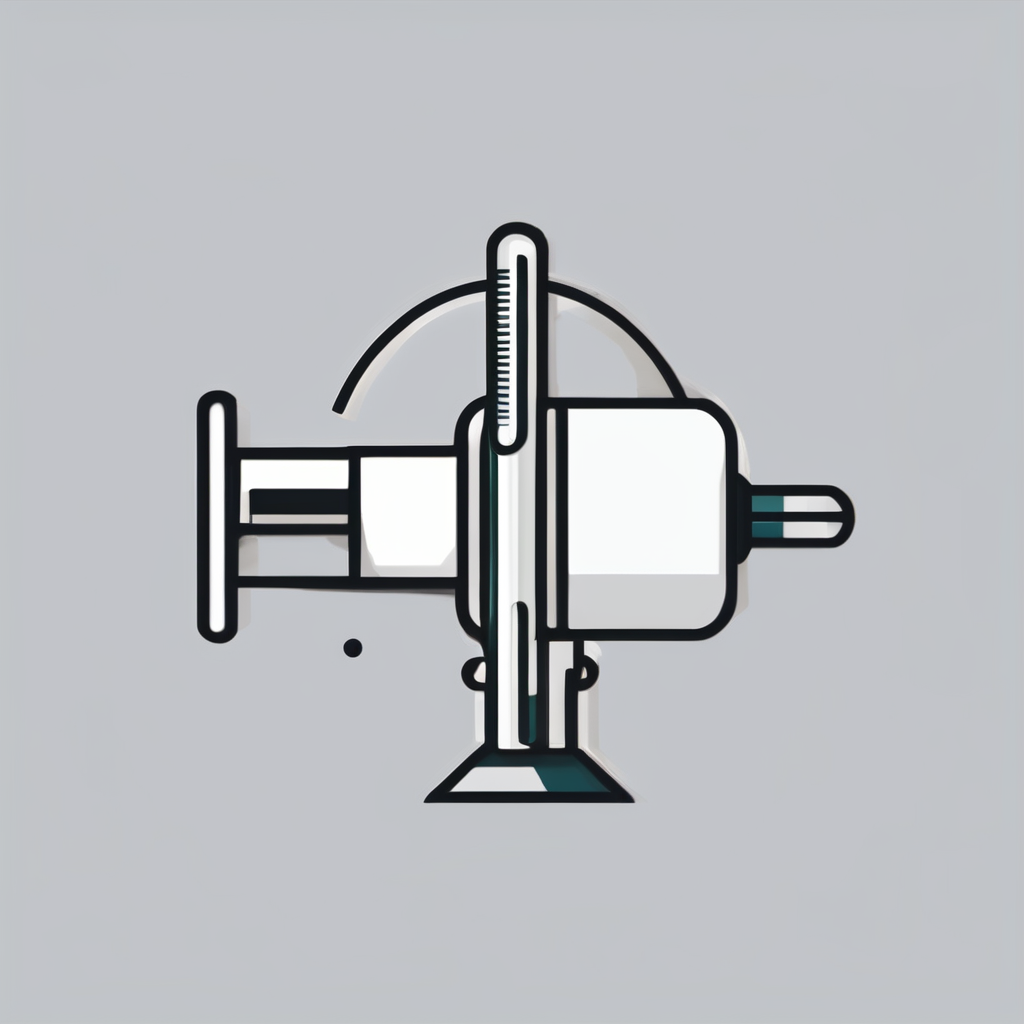Expert Insights on Peritoneal Dialysis Advances
Securing expert insights from leading UK nephrologists is invaluable in understanding the evolving landscape of peritoneal dialysis. Through a series of interviews, specialists have shared their perspectives on groundbreaking trends that promise to enhance patient care. The loop exchange method, for instance, has garnered attention for its potential to reduce infection risk. By minimising exposure and intervention time, this approach offers a significant improvement over traditional techniques.
One primary trend observed is the integration of technology in monitoring home-based treatments, which allows real-time adjustments and improves dialysis efficacy. Another pivotal insight from nephrologists highlights the importance of personalisation in therapy, catering treatments to the individual needs of patients. Such tailored approaches can significantly enhance patient outcomes and satisfaction.
Topic to read : Unlocking solutions: how uk pediatric endocrinologists are tackling childhood obesity
Nephrologists express that their expert opinions play a critical role in shaping the trajectory of treatment methods. Their insights contribute to developing guidelines and best practices. This ensures that both current and forthcoming advancements in peritoneal dialysis align with the highest standards of patient care. Thus, engaging with these medical professionals fosters a deeper trust in therapeutic innovations and practices.
Innovative Techniques in Peritoneal Dialysis
Exploring cutting-edge approaches in peritoneal dialysis reveals a commitment to breakthrough innovation in dialysis. Nephrology techniques are evolving, greatly impacting patient experiences and outcomes.
Also to discover : Revolutionizing lung transplant recovery: cutting-edge minimally invasive approaches by uk thoracic surgeons
Overview of Innovative Dialysis Techniques
Emerging technologies are pivotal in transforming peritoneal dialysis. Novel materials, such as biocompatible membranes, improve fluid exchange efficiency. These advancements mitigate risks associated with traditional materials, reducing infection rates and enhancing overall safety. Technology’s role extends to remote monitoring solutions, enabling patients to receive real-time feedback and adjustments, optimising treatment effectiveness and adherence.
Comparison with Traditional Methods
Traditional methods offered limited flexibility, posing constraints on patient autonomy. Strengths included reliability but at the expense of convenience. New techniques offer personalised treatment, allowing for adjustments based on individual needs. Such customisation minimises complications and increases efficacy. For instance, techniques incorporating personalized medicine are more responsive to patient-specific conditions, fostering comprehensive care and recovery.
Case Studies of Successful Innovations
Several case studies illustrate the profound impact of these innovations. Patients using cutting-edge techniques have reported enhanced health outcomes and reduced side effects. Nephrologists provide anecdotes of improved patient satisfaction, underscoring technology’s role in refining peritoneal dialysis practices. Testimonials highlight increased convenience and quality of life, validating the ongoing evolution of nephrology techniques.
Patient Outcomes Post-Treatment
Evaluating patient outcomes post-treatment is crucial in determining the real-world impact of innovative peritoneal dialysis techniques. These methods contribute to enhanced quality of life, with patients reporting improved daily functionality and reduced symptoms. The measurement of patient recovery hinges on parameters like treatment efficacy, which takes into account both clinical results and subjective patient feedback.
To effectively assess outcomes, nephrologists track recovery rates and quality of life indicators. These metrics include not only clinical benchmarks but also patient-reported comfort and autonomy. The introduction of novel dialysis techniques has shown substantial long-term benefits, promoting both physical health and mental well-being.
Patients express a high level of satisfaction with new treatments, often citing increased convenience and flexibility. These attributes significantly alter the patient experience, allowing greater adherence and reducing hospital visits. Anecdotal accounts from patients reveal a profound improvement in leading normal, active lives post-treatment.
Patient feedback on the implementation of these treatments has been overwhelmingly positive, underscoring the value of continuous improvement in peritoneal dialysis methods. Through ongoing adaptation and listening to patient experiences, nephrologists aim to further optimize therapy outcomes, ensuring comprehensive care that aligns with patient needs.
Future Developments in Peritoneal Dialysis
The future of dialysis is poised for remarkable transformation, driven by ambitious advancements in nephrology and concentrated research efforts.
Potential Innovations on the Horizon
Research and clinical trials are pivotal, unveiling potential innovations like enhanced dialysis membranes and bioartificial kidneys focused on improving therapy outcomes. These technologies aim to minimise complications and elevate patient care standards. Predictions for the next decade highlight nanotechnology applications and smart machines designed to closely mimic natural kidney functions, offering unprecedented accuracy and efficiency. Continuous efforts in research in dialysis ensure that future therapies evolve with patient needs, enhancing both safety and effectiveness.
Addressing Challenges in Peritoneal Dialysis
Common challenges, including infection control and membrane biocompatibility, often hinder dialysis efficiency. Innovations like antimicrobial coatings and highly compatible materials are developed to combat these issues effectively. A multidisciplinary approach, integrating insights from immunology, engineering, and nephrology, is essential in crafting comprehensive solutions. These collaborative strategies foster robust, sustainable advancements in patient care.
The Role of Patient Involvement in Innovations
Promoting patient involvement in treatment decisions is central to advancing peritoneal dialysis. Encouraging active participation enhances innovation through feedback loops, ensuring therapies align with patient preferences and lifestyles. Improving patient education fosters engagement and empowerment, crucial for fostering informed decision-making and fostering trust in transformative therapies.

